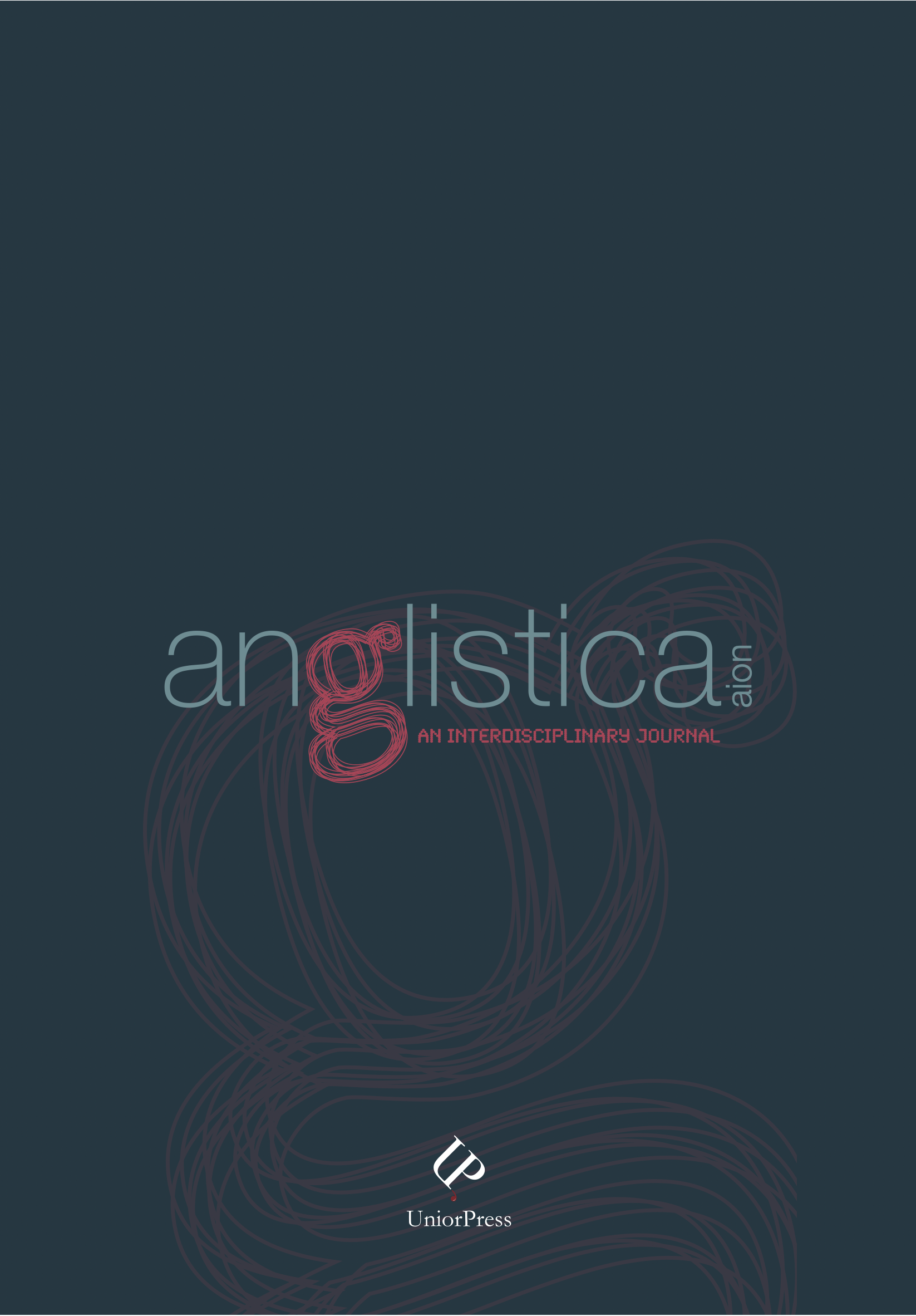TikToking the Black Box
Abstract
This article reports on the individual and collective digital strategies of two Indigenous sexuality diverse Australians as they navigate TikToks governing algorithms, looking at how algorithms drive political online activism. Through their online tactics, content, and collective moments of political digital mobilisation, popular TikTokers Tilly and Q reveal how they challenge racist discourses that are perpetuated through algorithmic bias and counter-code transphobic discourses found in mainstream media. They also expose how users strategise their online activism to force realignments of the TikTok algorithm by collectively resisting experiences of algorithmic oppression and machine moderation. Drawing from in-depth qualitative interviews and the theory of the Cultural Interface, this article exposes the structural ways that racism is embedded within the TikTok platform and conversely, the ways that its algorithms promote queerness. It also demonstrates how, through user resistance and mobilisation, platforms, and their systems, can be alternatively coded, however concrete, or temporary.


